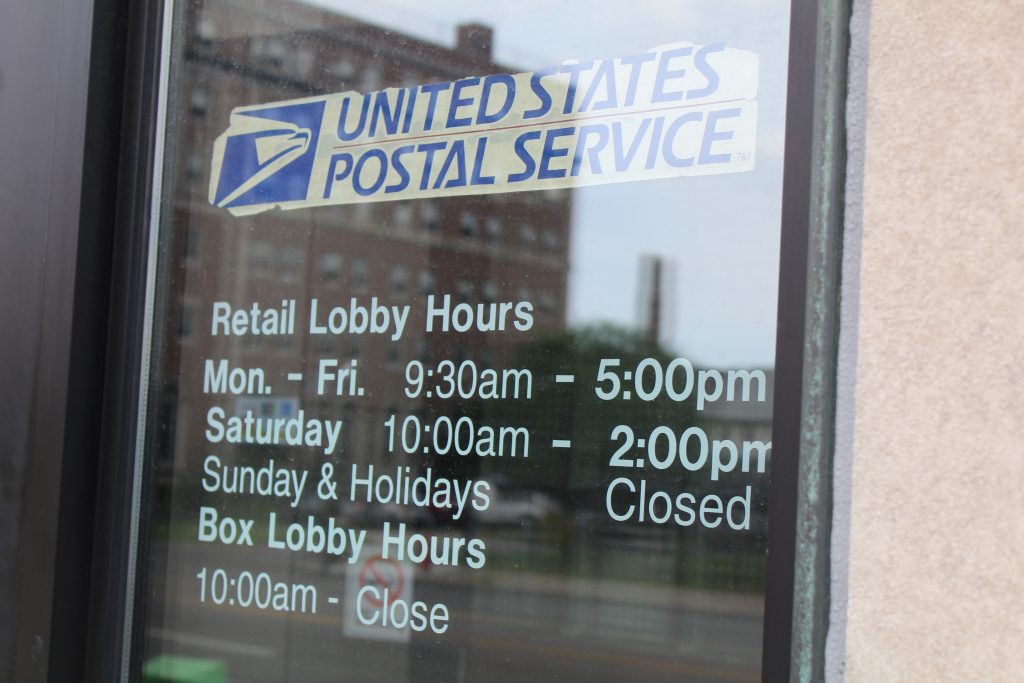Ten Mail Sorting Machines Removed from Michigan USPS Centers
The development in Michigan ties into a larger conversation about the politics of USPS and its possible impact on the November election.

Ten mail sorting machines have been removed from United States Postal Service (USPS) centers in Detroit, Pontiac, and Grand Rapids, according to Chad Livengood of Crain’s Detroit Business. Livengood reports that the machines can process 300,000 letters per hour, and the move significantly reduces the centers’ capacity for processing first-class mail.
“Machines have been taken out with not a lot of explanation other than first-class mail is down.” – Chad Livengood, Crain’s Detroit Business senior editor.
The decommissioning of the machines comes as politics around USPS has reached a fever pitch in the United States. President Trump has talked openly about making it harder to vote by mail ahead of the November election by opposing additional funding for the postal service. And his appointee — Postmaster General Louis DeJoy — faces criticism from both sides of the aisle over new work requirements at USPS. Critics say the new requirements only serve to create delays in delivering mail.
Guests
Chad Livengood is senior editor at Crain’s Detroit Business. He broke the story about the removal of ten mail sorting machines in Michigan.
“Machines have been taken out with not a lot of explanation other than first-class mail is down,” says Livengood on Detroit Today with Stephen Henderson. He says first-class mail is, in fact, down — and it has been declining slowly for some time. But he says the USPS hasn’t provided any data to show why it would be down so much that removal of these machines would be justified.
Matthew Titolo is a professor at the West Virginia University College of Law. He’s also an expert on American public-private contracts and the outsourcing of core public functions to the private sector. Titolo says suggestions that USPS should be privatized are misguided.
“The post office has to deliver to every address in the United States — that is not a profitable business model,” says Titolo. “A private carrier will not want to go to remote areas…without pricing it in.”
“Privatization would lead to service cuts and higher prices,” he says.
